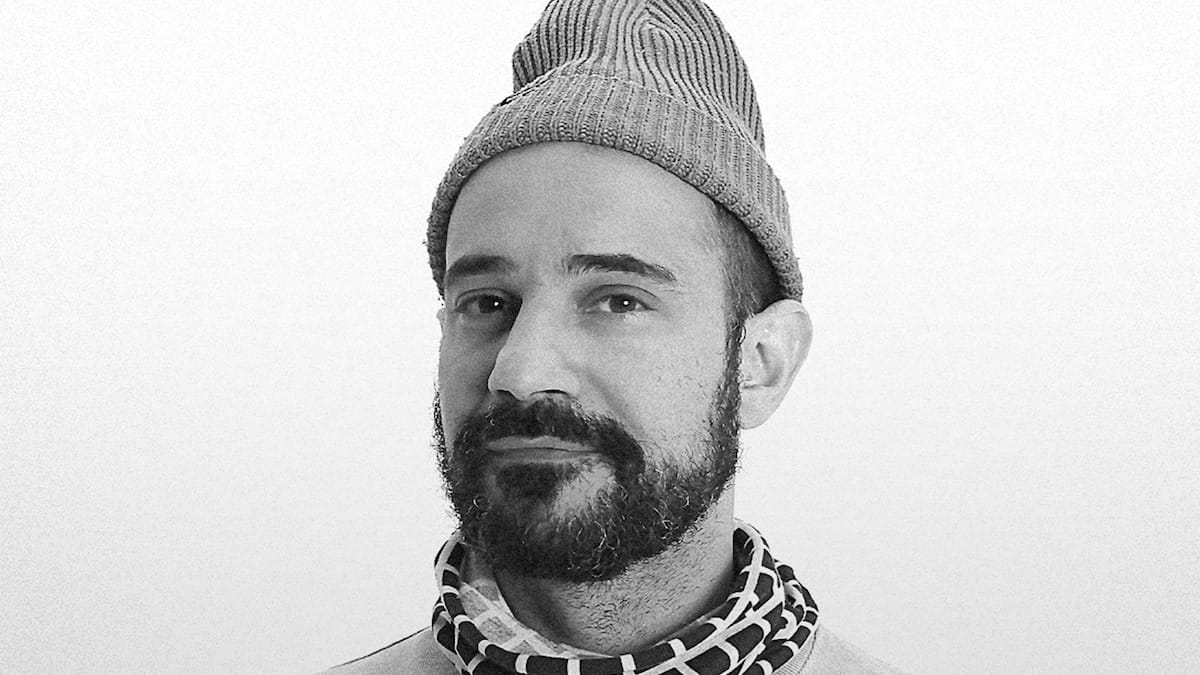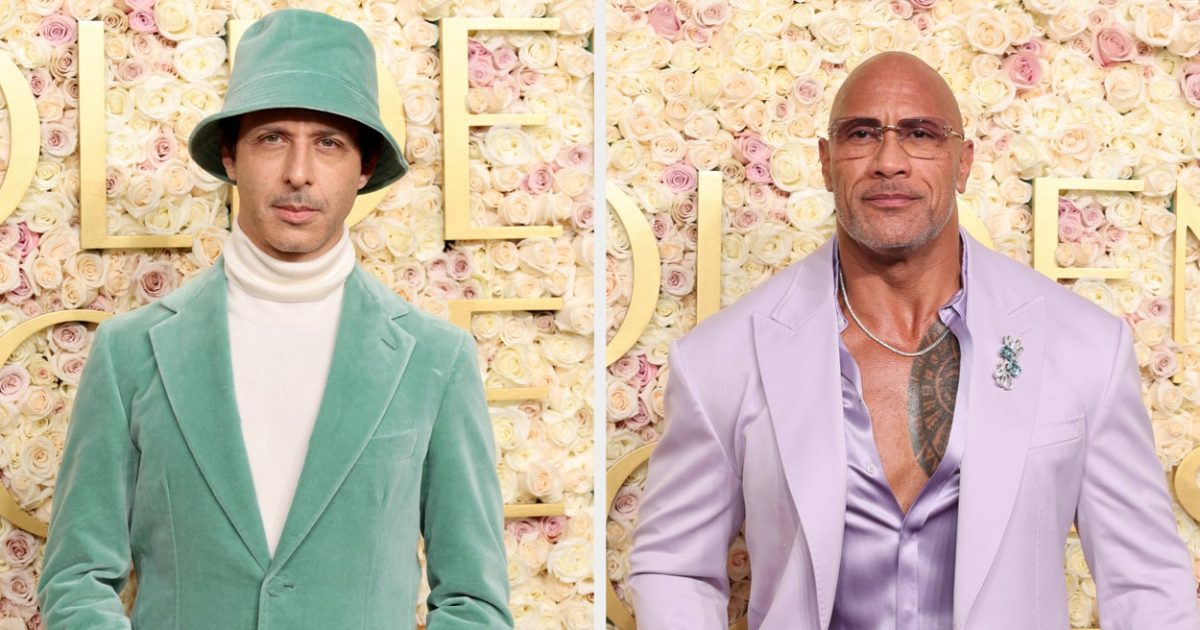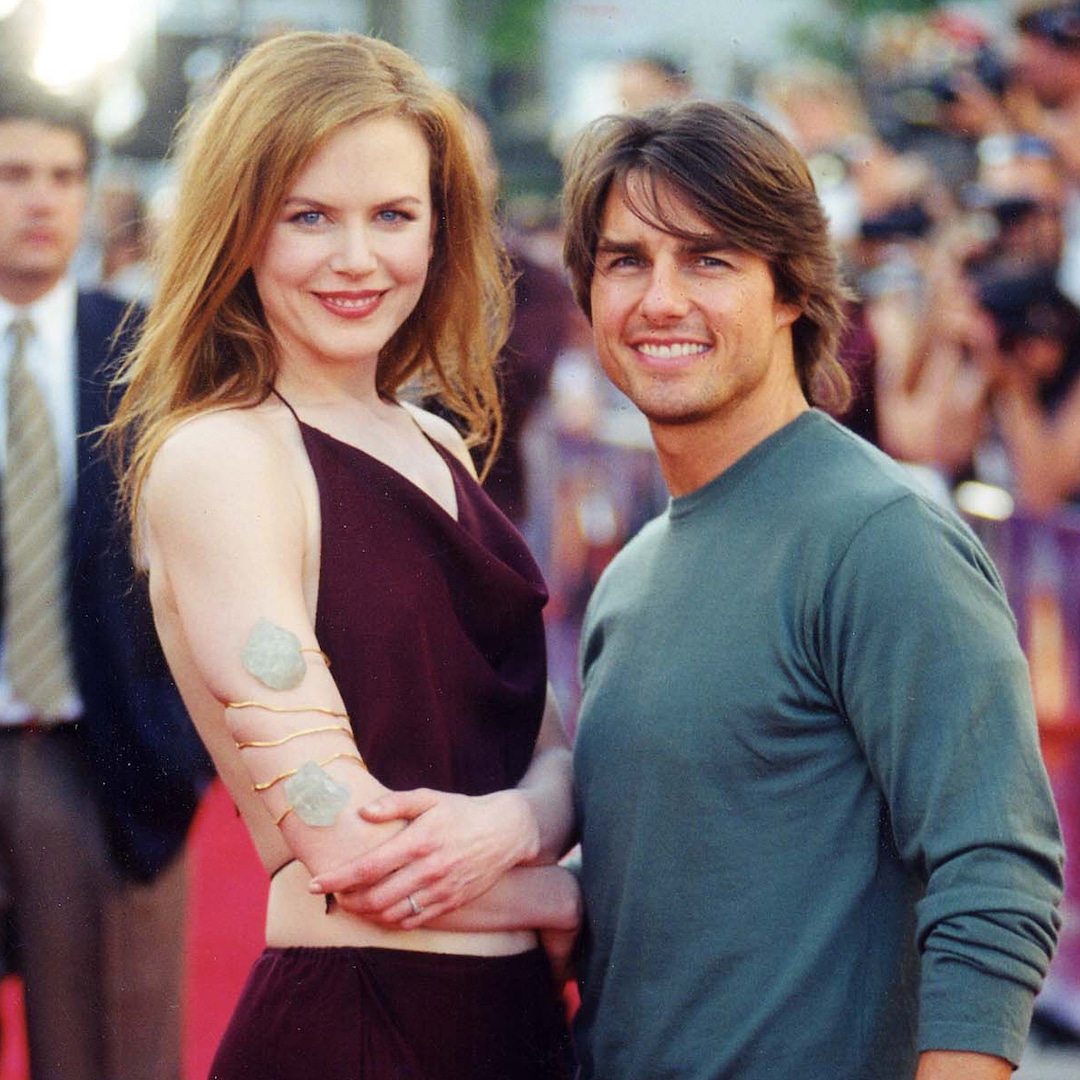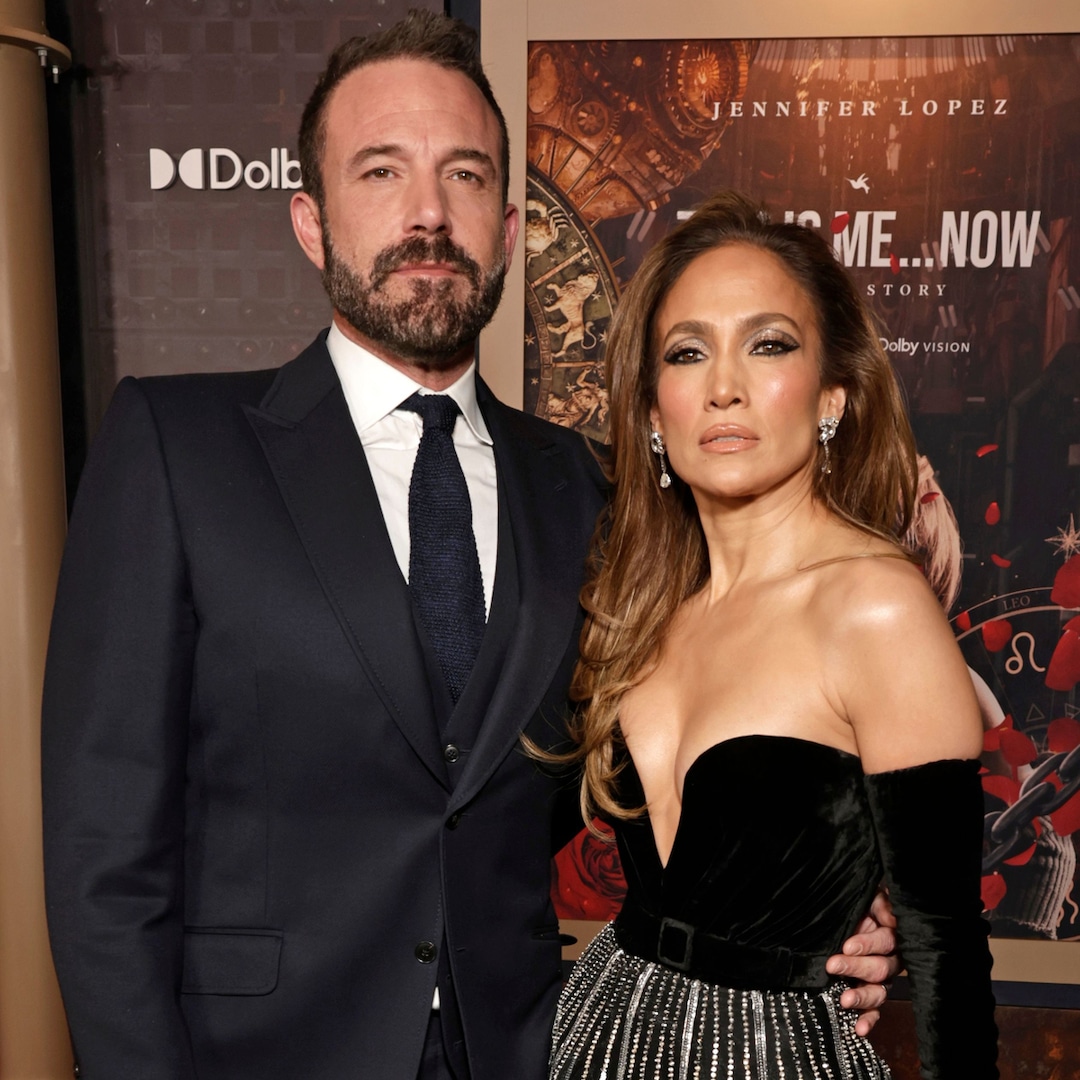
How Filmmakers Can Compete With AI
Jan 7, 2025
Nico Casavecchia is an Emmy-nominated director, screenwriter and illustrator based in Los Angeles whose work has been featured by the BBC, New York Times, IndieWire and more. His feature debut, Finding Sofía, premiered at the Austin Film Festival, and “BattleScar,” his virtual reality film starring Rosario Dawson, premiered at Sundance in 2018. His film “Border Hopper” was selected by Sundance for this year’s U.S Competition. Below, he shares his thoughts on how moviemakers can compete with AI.—M.M.
Film is under siege. A perfect storm of a slow theatrical distribution recovery from the pandemic, the lingering effects of the strikes, and the collapse of the streaming models. In Los Angeles, you can feel the tension: Every dinner party morphs into a desperate group therapy session. Heavily medicated filmmakers, grinning deliriously at one another and repeating “Survive till ’25,” with a mix of religious fervor and collective denial.
Especially for those of us who are yet to become established, the future is more uncertain than ever. To the unbearable anxiety of surviving the hunger games of being a filmmaker in 2024, there is another threat galloping towards us on the horizon: AI-pocalypse. How can filmmakers compete with AI?
What AI Can Do, and Can Never Do
If you are brave enough to venture into X (stubbornly lingering in our minds as Twitter), you’ll find an endless supply of former crypto bros rebranded as AI absolutists celebrating the end of everything that we (reasonable folk) consider good. The end of visual arts — now anyone can draw pictures by typing prompts. The end of poetry — ChatGPT can write a rhyming sonnet in 10 seconds. And of course, a fan favorite — the end of cinema.
The argument is that moving images created by AI kind of suck now, but they’re only as bad as they will ever be. We are told to imagine a line from last year’s AI-generated video of Will Smith eating spaghetti – his six-fingered hands grotesquely merging with the pasta – and connect that with this year’s impressive examples generated by OpenAI’s Sora.
The imaginary line, these people argue, goes all the way to a future when a blue-collar worker from Indiana will come back from a hard day’s work, crack a beer, and prompt an Avengers movie from his sofa. In this fantasy, the movie will be great because it will be created by and for him. I’m already curled in a fetal position thinking about the possibilities.
But let’s bookmark this dream scenario for now. This is not our first rodeo: Democratization of artistic technologies is not new. For centuries, artistic tools have become easier to use, enabling new people to come to the table and unlocking creativity from places that traditionally didn’t have access to traditional art markets.
My own personal journey as a self-taught filmmaker from Argentina was only possible because of this. I’m not in the business of denying the positive impact of technology, but I do think we need to look at it from a sober perspective.
Every time science introduced an innovation that affected art, the result was a tectonic shift that left some people behind and created new opportunities for those who could adapt. The key question is speed. At what rate are you asking people to change?
During a rally speech in 2019, Joe Biden famously encouraged a crowd of coal miners to “learn to program” as a way to transition into new careers amid the decline of the coal industry. Because nothing says job security like trading a pickaxe for JavaScript.
When I think about that story, I can’t help but imagine Joe’s fantasy coal miner painstakingly learning to code, only to see AI rendering the whole world’s market, including programmers, obsolete.
The real-life skills of a filmmaker pale in comparison with coal miners. We’re more like carriage horses, a steam engine away from extinction. Or so it seems. The speed of the AI news cycle, with its daily bombardment of new flashy demos, makes us think that the adoption will be as drastic as the innovation in the labs and startups.
But there is hope. People don’t change their ways overnight. AI is still incompatible with the professional pipelines that companies spent millions putting in place.
The Simple Way Humans Can Compete With AI — and Win
So let’s breathe: We’re not going to be replaced by Sora, at least not in the immediate future. Now that we’ve bought ourselves some time, it’s worth revisiting history to learn from the past and speculate about the future.
Almost 200 years ago, the first prototype of early photography, known as the Daguerreotype, was announced. Much like AI now, it created a panic across the art world. Overnight, photography created a product that was orders of magnitude more affordable than a realistic oil painting. In a matter of decades, the invention of photography forced the art world into a similar crisis that we are starting to see today with AI.
Since photography drove the price of realistic representation down, flooding the market with endless supply, art had to adapt, redefining its value in a completely different way. Its immune response was something we now call Modern Art.
Suddenly, all works of art steered away from utility (portraits of the wealthy) to focus on the meta-story behind the work. Art became the ideas and context surrounding the object, not just the object’s aesthetic or craftsmanship.
Perhaps the most didactic example of this process is Warhol’s Brillo Box, a soap box with no difference from the real thing. Yet it’s proclaimed to be high art. The value of the work of art could no longer be judged on its own merit; it’s forever tied to the backstory behind it. There is no Brillo Box without Warhol.
A scene from “Border Hopper” by Nico Casavecchia. – Credit: C/O
Let’s give AI bros the benefit of the doubt for a second and assume that future AI models could potentially crack the code of what makes humans feel things when they see a work of fiction. In this scenario, AI could create derivative dramas and comedies that make people laugh and cry. Audiences could prompt their own movies from start to finish without professional intervention.
Even though I doubt this will ever happen, since people are lazy, let’s play along for a minute. In a world like this, the value of creating a film is destroyed, just like what happened to oil painting skills in the 19th century.
When I think about the future of filmmaking, this becomes evident to me: There will be no films without a strong meta-narrative behind them. Who created them? Who produced them? Why? What inspired the story? How did the filmmaker arrive at that particular execution? The narrative behind filmmakers will be vital to their survival. We’ll care more about the origin story of the artist than the main character.
What is as true now as it was in past shifts is this: the symbolic value of a work of art can’t be replaced by automation. As humans, we crave human connection. We want to see stories that reflect our own experience, and we want to feel close to the artist who created those pieces of art. How the life trajectory of the artist was infused in their work of art is an important connection with the artist. History tells us that AI will only create demand for real human experience.
We already live in a world of derivative films, a world of endless sequels and IP. Even those rare original movies that make it to the mainstream often feel like facsimiles of movies that came before.
We live in the AI future, only hand-made by a whole bunch of professionals working for corporations that ran out of ideas years ago. The way that studios operate today is not that different from how a large language model arrives at a result: brute forcing the most likely statistical answer based on collected information.
So good news and bad news. Bad first: AI will only deepen the trend. The future will bring a tsunami of bland, derivative content created by combining successful bits of past works in every possible permutation.
Now the good: This will create a desperate need for films made by actual people. A brand new market for artists who reflect their life in the work they make. The same way that the label “organic” proliferated in supermarkets overflowing with processed foods, we’ll create a “human-made” label to distinguish art made by human mammals.
Human artists will seek distribution models and channels that give priority to their creations. In this world of perfect execution, flawed works of art will be sought after.
I’m not trying to advocate for a future where technology dislodges from art and we live in some sort of Amish utopia. In the next 5 years, AI tools will proliferate; it will be impossible to escape. Everything we do will be touched by AI. The point is to what extent, because the cake will not be unbaked. We’ll slowly evolve from an indictment of AI to nuanced conversations about humane ways to use it.
The old adage “you’ll be replaced not by AI but by someone who uses AI” is true in the short term. In the long run, the insurance against AI is to have a personal story to tell, to create work that is infectiously personal, and create a direct bond with an audience, even if it’s just a small handful of people eager to see what you create.
Our only hope is to become vinyl records, arguably a technically inferior technology but one that still packs a nice emotional punch.
Main image: Nico Casavecchia, courtesy of the author.
Publisher: Source link
20 Best Dressed Men At The 2025 Golden Globes
20 Best Dressed Men At The 2025 Golden Globes The televised portion of awards season is here! On Sunday night, the Golden Globes were held in Los Angeles, kicking off what looks to be a lively next several months of…
Jan 8, 2025
Tom Cruise & Nicole Kidman’s Son Connor Shares 2025 Update in New Pic
Tom Cruise and Nicole Kidman's Son Connor Cruise Golfs With Crocodile in New PostTom Cruise and Nicole Kidman's son is teeing up for a great year. Connor Cruise recently kicked off 2025 at the links, swinging by Lost City Golf…
Jan 8, 2025
Celebrities With Their Own Companies
Celebrities With Their Own Companies Whether you aspire to be an actor or musician, getting the shot at a big break is hard enough. But managing to make a career outside of what you were already famous for? Now that's…
Jan 7, 2025
Jennifer Lopez Reunites With Ex Ben Affleck at His Home
Jennifer Lopez & Ben Affleck Reunite at His L.A. Home Amid EstrangementThis is a pair of friendly exes...now. Less than five months after filing for divorce from estranged husband Ben Affleck, Jennifer Lopez reunited with the two-time Oscar winner at…
Jan 7, 2025











